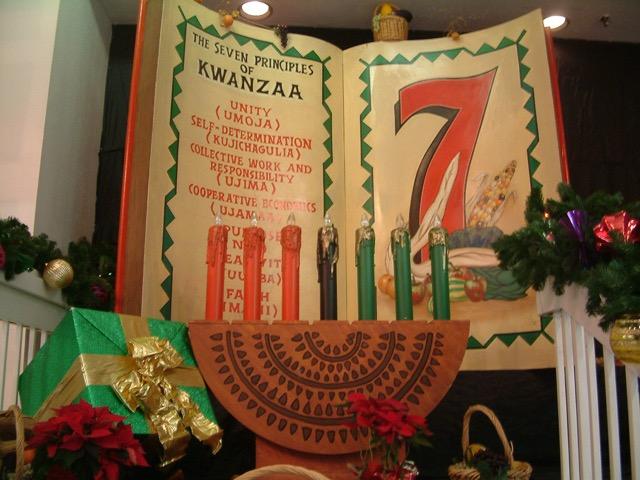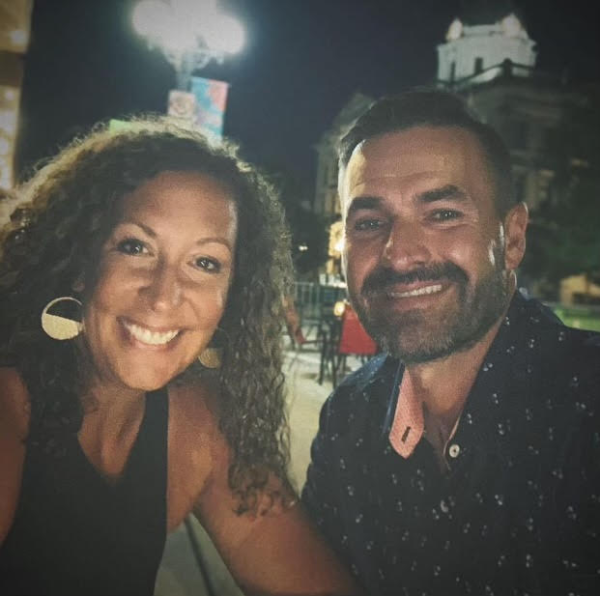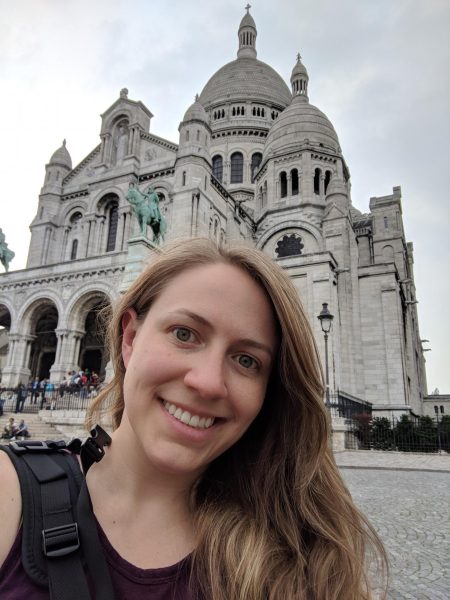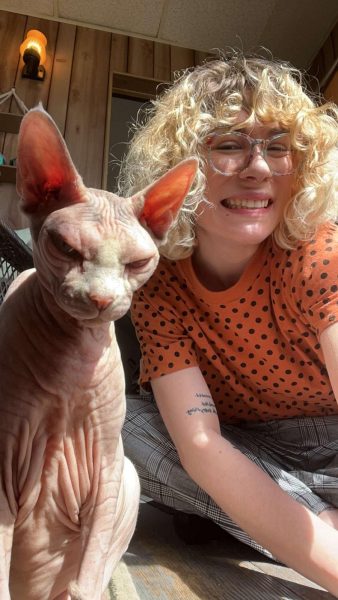Kwanzaa unites African American community
The winter holiday season is thought of as Christmas or Hanukah, but to some African Americans it is Kwanzaa.
Kwanzaa was created in 1966, and is celebrated from December 26th to January 1st as the first holiday specifically for African Americans, founded by Dr. Maulana Karenga, professor and chairman of Black Studies at California State University. Karenga created Kwanzaa after the Watts riot in Los Angeles as a way to bring together the African American community.
Unlike other holidays, Kwanzaa is not a religious holiday. Initially Kwanzaa was going to be an alternative to Christmas, but it was changed to encourage more African Christians and Africans of other religions to participate in the holiday.
History.com shared a brief history of Kwanzaa as: “The name Kwanzaa is derived from the phrase “matunda ya kwanza” which means “first fruits” in Swahili. Each family celebrates Kwanzaa in its own way, but celebrations often include songs and dances, African drums, storytelling, poetry reading, and a large traditional meal. On each of the seven nights, the family gathers and a child lights one of the candles on the Kinara (candleholder), then one of the seven principles is discussed. The principles, called the Nguzo Saba (seven principles in Swahili) are values of African culture which contribute to building and reinforcing community among African-Americans. Kwanzaa also has seven basic symbols which represent values and concepts reflective of African culture.”
The seven principle of Kwanzaa are umoja (oo–MO–jah), kujichagulia (koo–gee–cha–goo–LEE–yah), ujima (oo–GEE–mah), ujamaa (oo–JAH–mah), nia (nee–YAH), Kuumba (koo–OOM–bah), and imani (ee–MAH–nee). In parallel the principles are unity, self-determination, collective work and responsibility, cooperative economics, purpose, creativity, and faith.
The seven symbols of Kwanzaa are mazao, mkeka, vibunzi, mishumaa saba, kinara, kikombe cha umoja, and zawadi; meaning the crops, place mat, ear of corn, the seven candles, the candleholder, the unity cup, and gifts.
“From celebrating Kwanzaa I took away a strong sense of my social identity and affirmation of my African heritage,” said Associate Dean of Students at Illinois University Rick Lewis.
Since Kwanzaa is a holiday specifically for African Americans and teaches about the African culture Lewis shared the benefits of this celebration, “We celebrate Kwanzaa as a way to teach others some understanding of the values important in African cultures such as unity, self-determination, responsibility, economics, purpose and creativity. The most important part about Kwanzaa was learning about the principles and exploring ways to live the principles in our daily lives and how they offer a sense of family and community. I think African Americans could benefit from celebrating Kwanzaa as a way to re-identify with African cultures since we live in a society where we are expected to assimilate into the dominant culture which causes us to lose our sense of self and social identity.”
As the time approaches to celebrate the holidays many cultures celebrate in different ways. Celebrating Kwanzaa will bring unity, understanding, and a stronger sense of self identity among African American communities everywhere.














